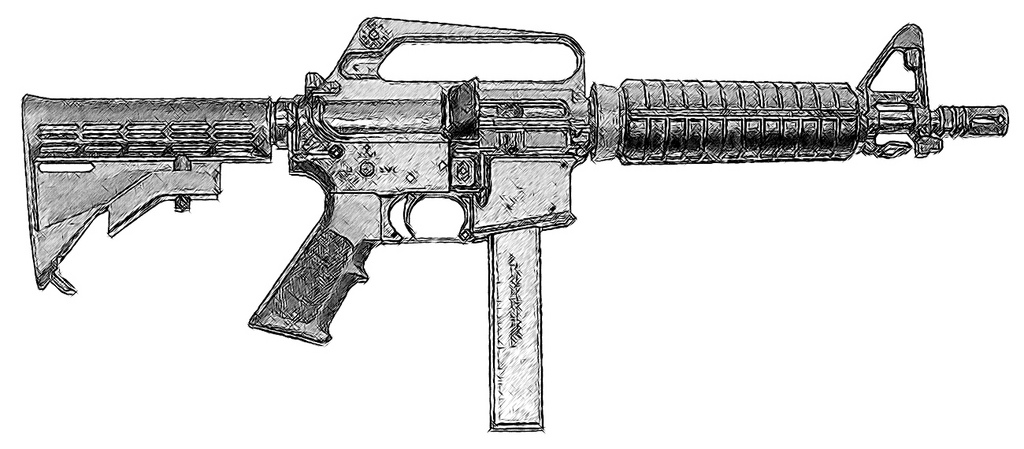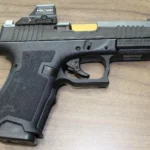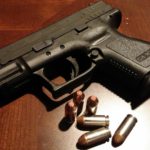The federal National Firearms Act (NFA) regulates such items as machine guns, short-barrel rifles and shotguns and suppressors. New regulations, effective July 13, 2016 affect so-called gun trusts and possession of items by the executor of the estate of the owner.
For several reasons, gun trusts have become extremely popular in recent years. See Firearm Trusts in Tennessee for more information.
Under the new regulations, found at 20 C.F.R. 479.84(c), all prospective purchasers or recipients now notify the local chief law enforcement officer of the impending transfer. This is a change from earlier procedures, in which individuals had to obtain approval from the chief law enforcement officer for the transfer. Formerly, trusts and other legal entities did not have to obtain approval, but now have to give notice.
Similarly, the maker of an NFA item, such as creating a short-barrel rifle from a pistol, now has to give the same notice under 20 C.F.R. 479.62(b).
Individuals must continue to undergo background checks and submit fingerprints and photographs before the transfer. In the case of a trust or corporation, all “responsible persons” must provide the same documentation. Just who is a “responsible person”? That term is defined in 20 C.F.R. 479(11) as:
any individual who possesses, directly or indirectly, the power or authority to direct the management and policies of the trust or entity to receive, possess, ship, transport, deliver, transfer, or otherwise dispose of a firearm for, or on behalf of, the trust or legal entity. In the case of a trust, those persons with the power or authority to direct the management and policies of the trust include any person who has the capability to exercise such power and possesses, directly or indirectly, the power or authority under any trust instrument, or under State law, to receive, possess, ship, transport, deliver, transfer, or otherwise dispose of a firearm for, or on behalf of, the trust.
The regulation also defines who is not a “responsible person”: “the beneficiary of a trust, if the beneficiary does not have the capability to exercise the powers or authorities enumerated in this section.”
Another change involves what happens upon the death of an individual who owned an NFA item. Under 20 C.F.R. 479.90a, an executor, administrator, personal representative, or other person authorized under State law to dispose of property in an estate (collectively referred to as the “executor”) may possess the item registered to a decedent during the term of probate without such possession being treated as a “transfer”.
Previously, there was no legal authorization for the executor to possess an NFA item. Now, before probate of the estate ends, the executor must submit an application to transfer the item to a beneficiary or heir (free of the $200 tax). If there is no beneficiary or heir to receive the item, the executor may sale the item, using the same process as any other owner of an NFA item, and that transfer is taxable.
If you would like to speak to James Wagner about this or any other matter, he may be reached at (865) 546-9321.
RELATED POSTS:

Frantz, McConnell & Seymour, LLP offers legal services in virtually every area of civil and business law representing clients throughout East Tennessee.




